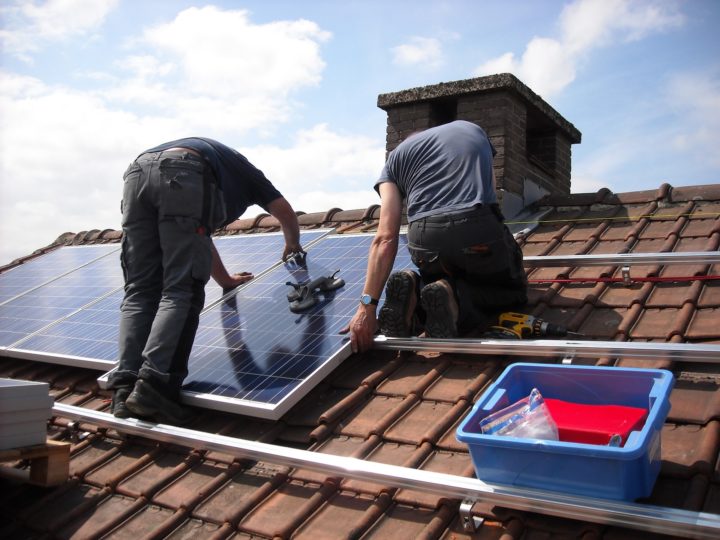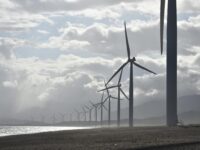In a bid to reduce their carbon footprint, more people are leaning towards solar power. It is a green source of energy and it does not pollute mother nature. Buying a solar panel is a very exciting experience. This, however, does not mean that you get carried away by advertising. Focus on the aspects that are important and you will end up with something that will work for you for a long time.
Some of the other reasons that are making solar energy attractive include;
- It is a free source of energy
- It eliminates or reduces your electric bill
- It increases your property value
- It protects the environment
These reasons will push you to buy a solar panel. Here are tips from pros to help you buy a solar panel that is good for you.
Choose the Right Material
Before buying a solar panel, you must choose one that is of high quality. High-quality solar panels can handle hailstorms, drops, vibrations, and abuse. According to the specialists from sunvivalguide.com consumers should look at the long-term investment. As if they look at it as a long-term investment, they will see the bigger picture. Furthermore, there are two types of materials to choose from;
Monocrystalline
It has uniform crystals. The crystals are made from larger bars of pure silicon crystals. These panels are very efficient as the large pure crystals ensure no space is wasted between them. The crystals face the same way due to the uniform nature of the panels. This, however, means that light cannot be absorbed by the panels in multiple angles.
All you have to do is place them in strong sunlight and in the right direction so they can absorb large amounts of solar energy. These types of solar panels are fragile and expensive but they are also more efficient. If you have a small space, these are the best for you.
Polycrystalline
It is purified and molded from a crystalline construction to form pure crystal panels. They are less efficient and expensive compared to monocrystalline panels.
They can absorb light from multiple angles because of their misaligned structure. In low light conditions, they are beneficial as they have an intense shade of blue. Polycrystalline solar panels work best in dull weather. They also have a longer lifespan compared to monocrystalline panels.
The Correct Mounting Option
The mounting system is a vital component when buying a solar panel. Unfortunately, suppliers tend to skimp on this. Imagine checking on your system after a storm and realizing that it was taken off. If the area you live in is prone to cyclones, make sure that the mounting brackets and mounting system are related to cyclones.
Mounts secure the panels safely and they provide a tilting mechanism that maximizes the efficiency and lifespan of the solar panels. There are two types of mounts;
Flush Mounts
They give an appropriate elevation by joining each other using metal brackets.
Pole Mounts
These are the best option if the roof or wall space is limited. A tall pole is used to secure the solar panel by using a bolt system. These types of mounts are not suitable for use in windy regions.
The Cost and Potential Savings
Before you buy a solar panel, evaluate the amount that the panel will help you save. By doing this, you will know how long the panels will take before they can pay for themselves and how much money you will be saving.
The initial cost of buying and installing may be a little expensive but if the panels are mounted correctly and their location is great, they make a good future investment. Buying a well-known brand that has been in the market for a long time and has a warranty is a good way to protect your investment.
Have Realistic Expectations When It Comes to Price
If you find that you are being asked to pay less money for a specific type of solar panel compared to others in the same size range, then the equipment is of low quality. Installing or buying solar panels that are of high quality is not cheap. You have to be prepared financially to spend money.
Make sure you compare the prices of different companies and look for great deals before you make a choice.
Now that you have an idea of what to do before you buy solar panels, avoiding the following mistakes will help you end up with something that will serve you for a long time.
- Buying fast and buying cheap
- Not doing your research well
- Ignoring rebates and incentives
- Thinking you can fix the solar panels yourself
- Neglecting the terms of the warranty
- Mixing and matching different components from different brands
- Not asking questions
Just like in any other sector, some people claim to be experts when it comes to solar panels and they are not. This is why you have to do some research on your own so you do not fall victim to these people.
















